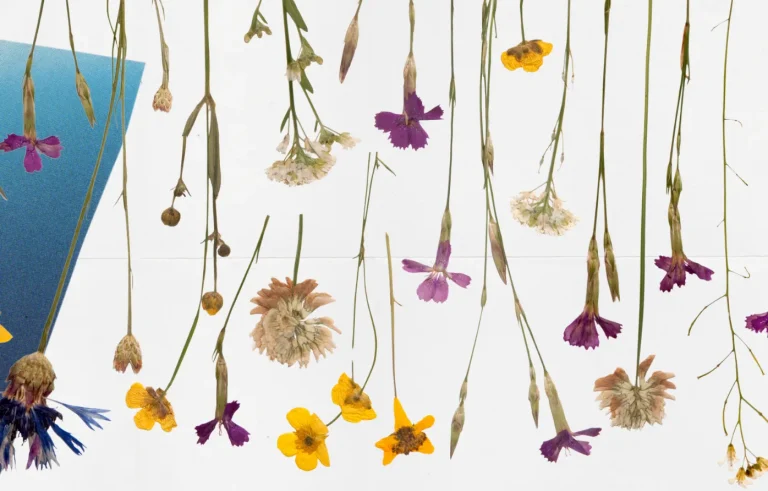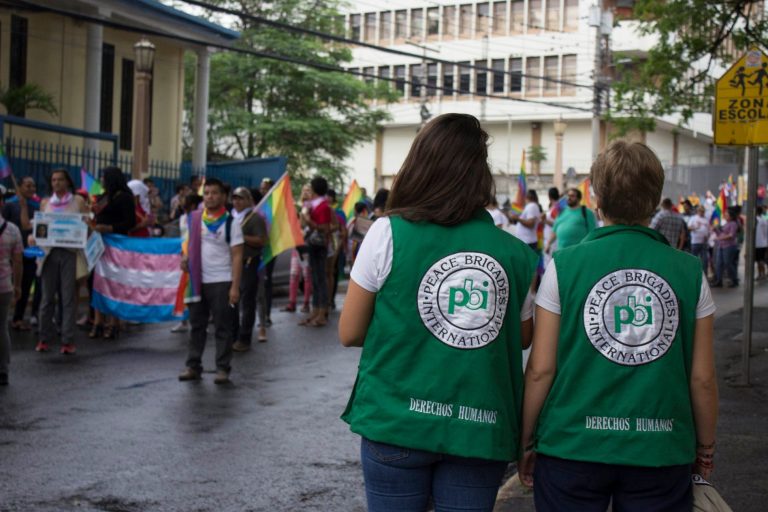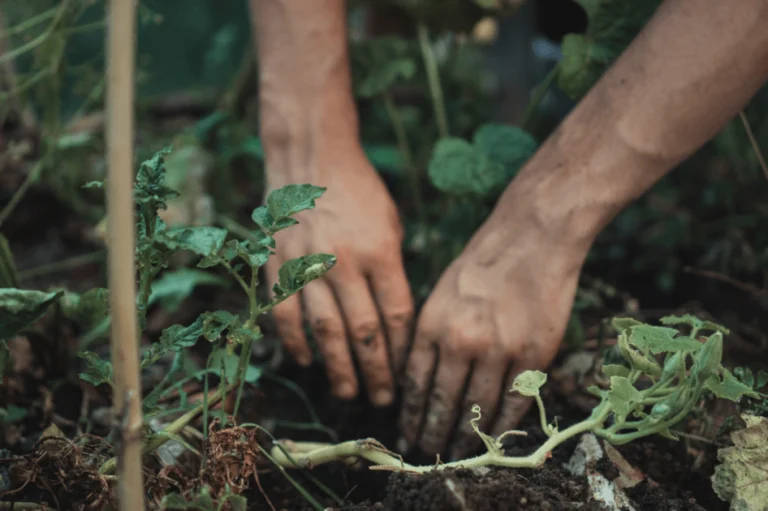Opening Up Space
“He said ‘just don’t touch my workshop,’” says Sheurle Klingsmith, smiling at her husband, Kirk. “But then one day, he moved his tools out so we could go ahead.”
“That’s not exactly how I remember it,” Kirk laughs good-naturedly.
Today, Kirk’s tools are pushed back against the wall, and the rest of the space is filled with tables and chairs, art and art supplies. Paintings hang on every wall, and illustrations, beadwork, fabric art, and even chainsaw art are displayed throughout the room. Gesturing to a black bear carved out of a log done by DC Carvings, Sheurle says: “This gentleman was selling his work on the side of the road, so of course I circled back and asked him if he wanted to display some pieces here.”
Her eyes scan the room: “There’s a mountain of creativity and talent in this town, but no place to show it.”















